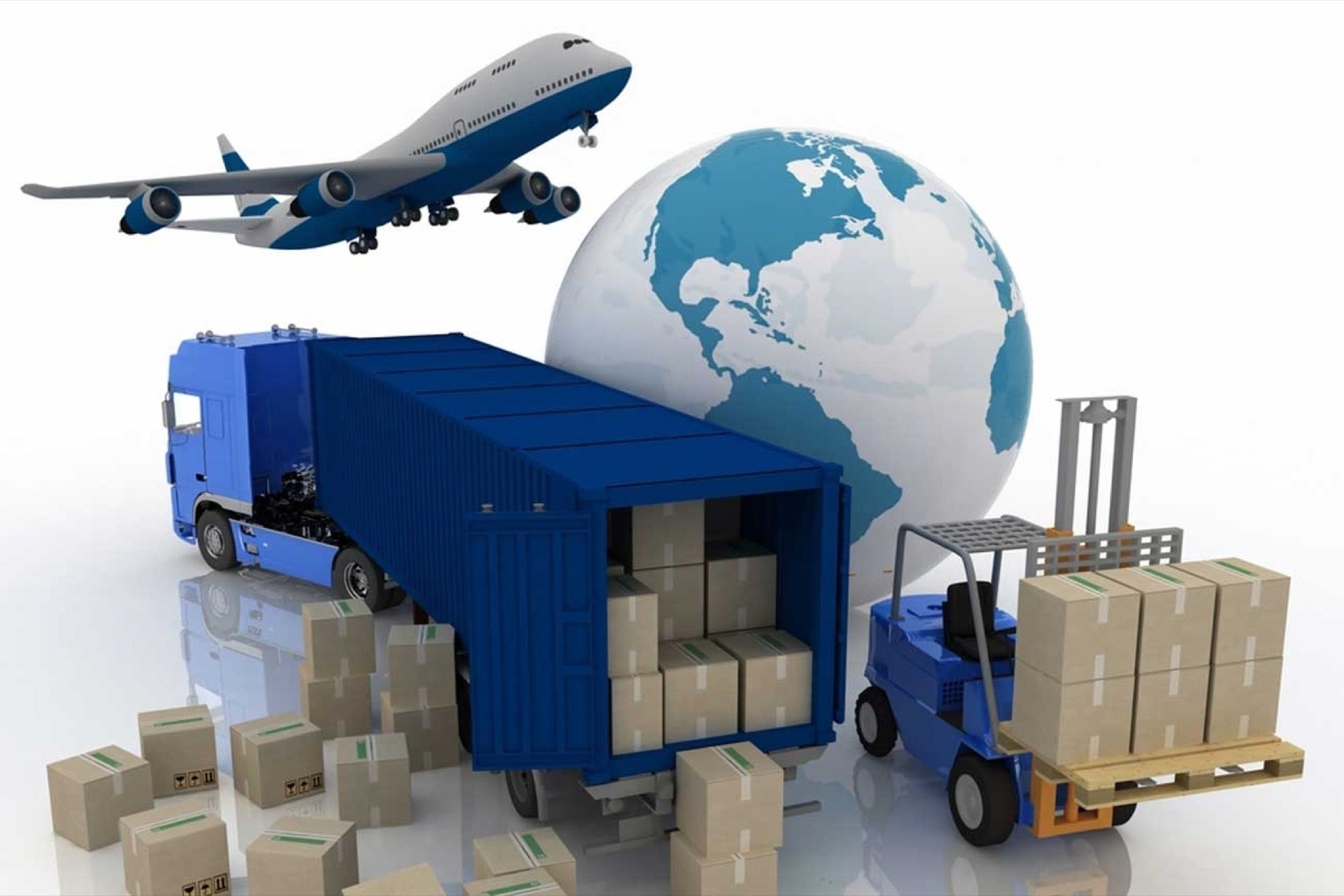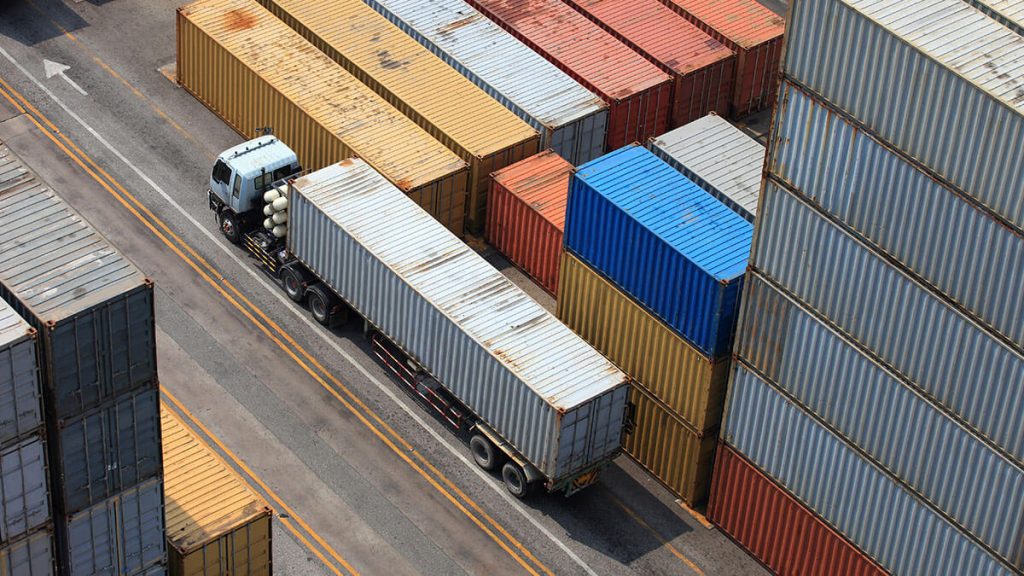
A last-mile delivery strategy relies heavily on customer satisfaction, as already stated. Only a dedicated service and a focus on establishing a loyal customer base can help you achieve this. Creating a loyal customer base requires an ecommerce last mile delivery thorough understanding of customer needs. For an eCommerce company to thrive, it is essential to identify and address the needs of customers, which vary from one to another.
Delivery can be a problem for some clients regarding a specific time of day, while the packaging may be an issue for others. An online retail company must meet these specific demands to win over customers ecommerce last mile delivery. Last-mile delivery can be challenging. eCommerce companies are usually dependent on logistics organisations for deliveries. This causes complications in deliveries.
Delivery is primarily a function of these companies, as they are responsible for carrying eCommerce shipments. In logistics, the last-mile delivery is often the most difficult task execution phase, even for the most reliable companies. Appointing a dedicated logistics unit for an eCommerce company can be challenging. The fact is that appointing courier companies implies outsourcing deliveries.
Two factors are involved here, safety and punctuality. While retail companies are responsible for packing material, logistics companies are entirely responsible for ensuring the safety of the items during transit. Additionally, delays or incorrect deliveries cannot be excluded. Damage to shipments occurs mainly at the ‘last mile. The eCommerce company and the logistics provider are both concerned with punctuality.

A tracking system is essential to build trust with customers and keep them informed about their orders. An option to track shipments must be available until the shipment is delivered. This increases trust between the supplier and the buyer of commodities. A better interface between the eCommerce company and logistics company on one side and customers on the other.
Application development for all types of Internet-connected devices so that communication becomes easier and more purposeful. Timely data collection and interpretation for a better understanding of customer behaviour. Improved storage and warehousing facilities for faster and safer consignment movement.
An eCommerce company’s last-mile delivery is crucial to its reputation and trustworthiness. A frictionless delivery is a boon for eCommerce companies because it guarantees efficiency and lower costs. A major hindrance in last-mile delivery is dealing with customer inquiries about their delivery.
Customers ask a variety of questions about how their package should be delivered. For example, the delivery boy should not ring the doorbell or only deliver during office hours during the week. The delivery person and customer must communicate seamlessly and openly to ensure a frictionless process.



